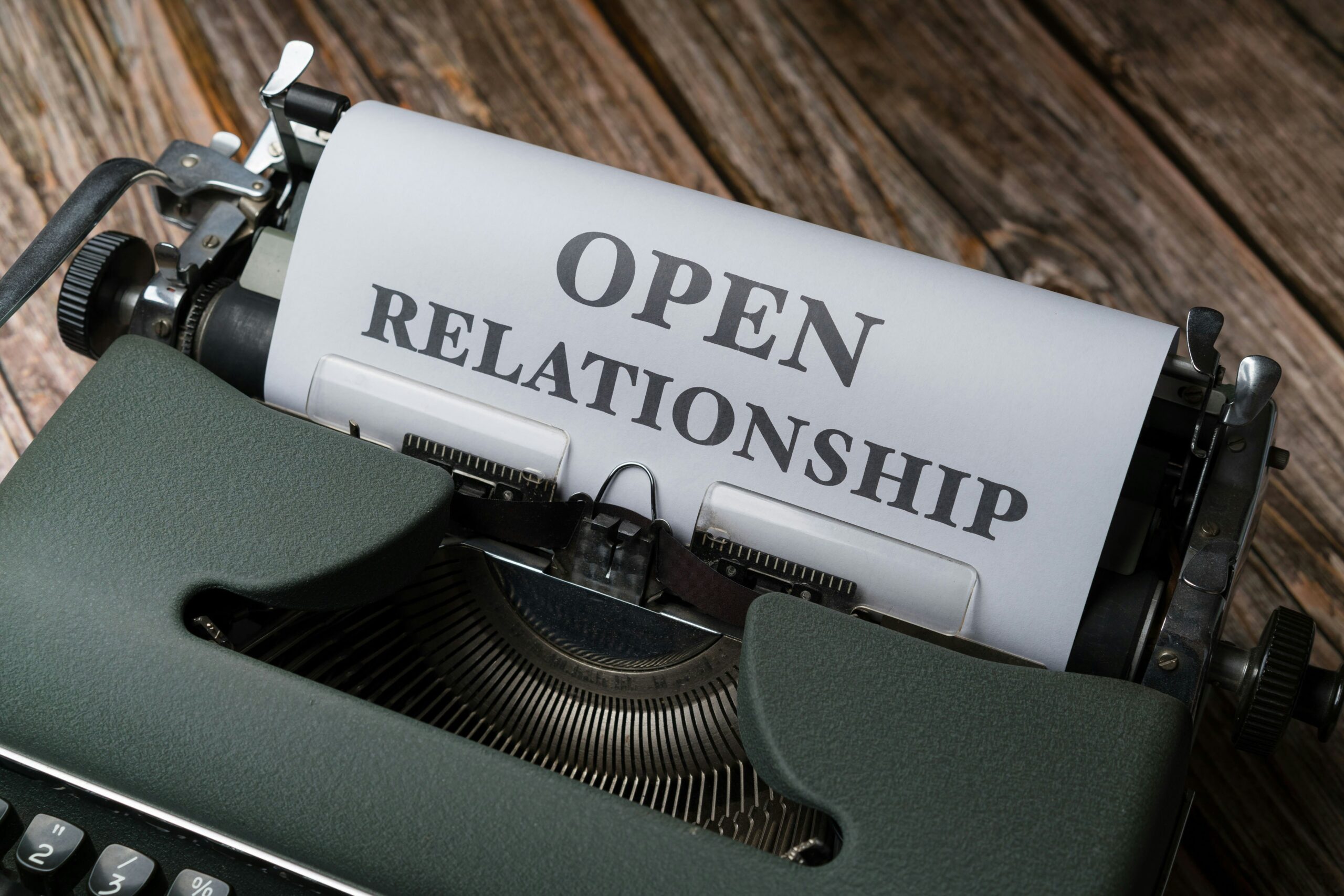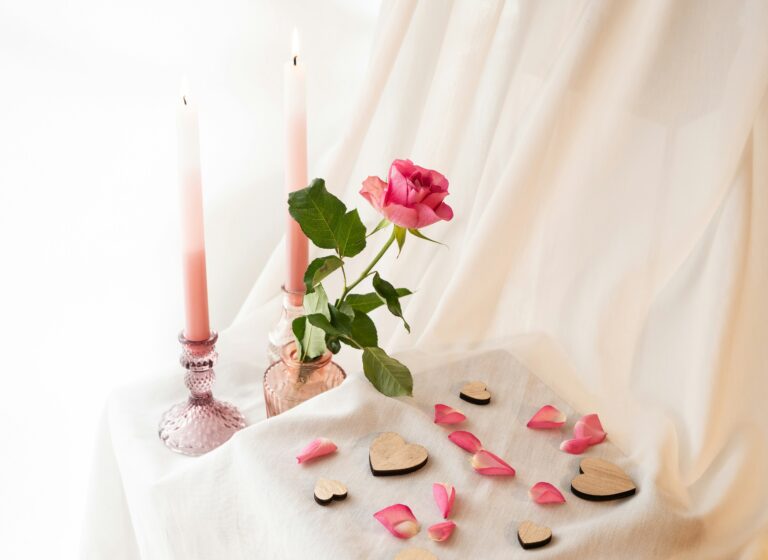Look, I’m not going to sugarcoat this. You’ve probably scrolled past a hundred articles promising to tell you if your relationship is “the one.”
But here’s the thing: most of those posts read like they were written by someone who’s never actually been in a real relationship.
I’ve spent years working with couples, and let me tell you, the difference between a relationship that works and one that’s slowly falling apart? It’s in the daily stuff.
The small moments. The way you handle a Tuesday night disagreement about who forgot to buy milk (again).
So grab your coffee, get comfy, and let’s talk about what a truly healthy relationship actually looks like. No fluff, no fairy tales, just real talk from someone who’s seen it all.
What Is A Healthy Relationship?
Before we get into the nitty-gritty, let’s clear something up. A healthy relationship isn’t some Instagram-perfect fantasy where you never fight and everything’s always sunshine and rainbows. That’s not real life, folks.
A healthy relationship is where both people feel safe, respected, and free to be themselves. It’s where you can mess up, apologize, and actually grow from it. It’s where you’re building something together instead of just existing side by side.
Think of it like a garden (okay, stick with me here). You can’t just plant seeds and walk away. You’ve got to water it, pull out the weeds, and make sure it gets enough sunlight.
Some days it’s beautiful, some days you’re dealing with aphids. But if you’re both tending to it? That garden’s going to flourish. I had a couple in my office last year who thought they were doomed because they argued about money every single week.
But here’s what they were missing: they were actually communicating, listening to each other’s concerns, and working toward solutions. That’s healthier than couples who never argue because one person has completely shut down.
12 Signs Of A Healthy Relationship
Alright, let’s get into the good stuff. These are the markers I look for when I’m working with couples. If you’re checking most of these boxes, you’re doing better than you think.
1. Mutual Trust
Here’s a question for you: do you constantly feel like you need to check your partner’s phone, or do you actually sleep peacefully at night? Because trust isn’t just some abstract concept therapists throw around. It’s the foundation that everything else is built on.
Mutual trust means you believe in your partner’s character, their choices, and their commitment to you. You’re not spending your evenings stalking their social media or interrogating them about where they’ve been. You’re not losing sleep wondering if they’re being honest with you.
I’ve watched relationships crumble because one person couldn’t let go of past hurts. They carried that baggage into every conversation, every disagreement. And honestly? That’s exhausting for both people.
Trust gets built through consistency. When your partner says they’ll call, they call. When they promise to show up, they show up. It’s really that simple (and that hard).
Over time, those little moments of reliability stack up into something solid you can lean on. Without trust, you’re basically roommates with benefits who happen to share a Netflix account. And nobody deserves to live like that.
2. Honest Communication
Can we talk about something for a second? The number of couples I’ve worked with who think they’re “communicating” when they’re actually just talking at each other is wild. Real communication means you’re actually hearing what your partner is saying, not just waiting for your turn to talk.
It means being vulnerable enough to say, “Hey, when you forgot our anniversary, I felt like I wasn’t important to yo u” instead of passive-aggressively giving them the silent treatment for three days.
Look, I get it. Honest conversations are uncomfortable sometimes. It’s way easier to bottle things up or drop hints and hope your partner magically figures out what’s wrong.
But that’s how resentment builds up, and before you know it, you’re fighting about who left dishes in the sink when you’re really angry about something from six months ago.
Healthy communication also means knowing when to pause. If you’re both getting heated, taking a break isn’t “running away.” It’s being smart enough to realize you need to cool down before you say something you can’t take back.
FYI, “I’m fine” when you’re clearly not fine? That’s not communication. That’s sabotage dressed up in two words.
3. Respect For Each Other’s Individuality
This one’s huge, and it’s where a lot of relationships go wrong. Ever dated someone who slowly tried to turn you into their ideal version of a partner? Yeah, that’s a red flag waving so hard it might take flight.
In a healthy relationship, you don’t have to sacrifice who you are to make the relationship work. Your partner doesn’t expect you to give up your hobbies, your friends, or your dreams just because you’re together now.
I worked with a woman once who gave up her career in photography because her boyfriend thought it was “just a hobby” and wanted her to focus on “real work.” Three years later, she was depressed, resentful, and wondering where the person she used to be had gone.
Spoiler alert: they broke up, and she’s now a successful wedding photographer living her best life.
Your relationship should add to your life, not subtract from it. You should still have your Tuesday night book club, your weekend hiking trips, your whatever-makes-you-happy thing.
Your partner should be your biggest cheerleader for those things, not the person trying to talk you out of them.
4. Support During Tough Times
Life has a funny way of throwing curveballs when you least expect them. Job loss, health scares, family drama, the whole messy package. And honestly? Those tough times are where you really see what your relationship is made of.
Support doesn’t always mean having all the answers or fixing everything. Sometimes it’s just sitting with your partner while they cry about their dad’s diagnosis.
Sometimes it’s handling dinner and bedtime routines solo because your partner’s drowning in a work deadline. Sometimes it’s just being present.
I’ve seen couples who seemed perfect fall apart the moment real adversity hit. And I’ve seen couples who looked rocky on the surface come together like superglue when things got hard.
The difference? Their willingness to show up for each other, even when it’s inconvenient.
One of my clients lost her mom last year. Her husband took a week off work, handled all the funeral arrangements, and basically became her rock. He didn’t try to make her “feel better” with empty platitudes. He just… was there. That’s what support looks like in a healthy relationship.
And here’s the thing: it goes both ways. If you’re always the one being supported and never offering it back, that’s not a partnership. That’s a caretaking situation, and those rarely end well.
5. Shared Values And Goals
Okay, let me be clear: you don’t have to like all the same things. Your partner can love horror movies while you’re all about rom-coms. They can be a morning person, while you’re basically a vampire until noon. Those differences? They’re actually good.
But the big stuff? That needs to align. How you view money, whether you want kids, and where you see yourselves in ten years. These aren’t small details you can just “figure out later.”
I cannot tell you how many couples I’ve counseled who got married without discussing whether they wanted children. One person assumed yes, the other assumed no, and suddenly, five years in, they’re facing a crisis that could have been avoided with one honest conversation.
Here’s what shared goals might look like in practice:
- You’re both saving for a house and actually sticking to a budget
- You’ve talked about kids and agree on the timeline (or agree not to have them)
- You both value experiences over material things and plan adventures together
- You support each other’s career ambitions without resentment
- You have similar views on how to spend holidays and navigate family obligations
Notice I didn’t say identical. Similar is enough. But opposite? That’s going to cause problems down the line.
6. Balanced Give And Take
Let me hit you with some truth: if you’re keeping score in your relationship, you’ve already lost. But at the same time, if one person is constantly giving and the other is constantly taking? That’s not sustainable.
Balance doesn’t mean everything is split 50/50 down to the minute. Maybe this week you’re carrying more of the load because your partner’s swamped at work.
Next month, they’ll pick up the slack when you’re dealing with your own stuff. It ebbs and flows, and that’s normal. What’s not normal is when one person is always the one compromising, always the one making sacrifices, always the one bending over backward.
I had a client who did 90% of the housework, all the cooking, managed their social calendar, and still felt guilty asking her husband to unload the dishwasher. That’s not balance. That’s martyrdom, and it breeds resentment faster than you can say “I’m tired.”
Pay attention to the effort both people are putting in. Are you both showing up? Are you both trying? Are you both willing to adjust when things feel off? That’s what matters.
7. Ability To Resolve Conflicts Constructively
Here’s something that might surprise you: conflict isn’t the problem. How do you handle conflict? That’s everything.
Every couple fights. If someone tells you they never argue with their partner, they’re either lying or one person has completely checked out. The question isn’t whether you fight. It’s whether you fight fair.
Constructive conflict resolution means:
- No name-calling or personal attacks
- Staying on topic instead of bringing up every mistake from the past five years
- Actually listening to understand, not just to respond
- Being willing to compromise
- Knowing when to take a break and revisit the conversation
- Apologizing when you’re wrong (and meaning it)
I’ve watched couples turn tiny disagreements into relationship-ending blowouts because they didn’t have these skills. On the flip side, I’ve seen couples navigate serious issues and come out stronger because they knew how to communicate through conflict.
One technique I always recommend: use “I feel” statements instead of “You always” accusations. “I feel overlooked when plans change last minute” hits differently than “You never consider my schedule.” See the difference?
8. Emotional And Physical Intimacy
Emotional intimacy is about being able to share your weird thoughts, your embarrassing moments, your deepest fears with someone and knowing they won’t judge you for it.
It’s about feeling safe enough to be completely yourself, even the parts you don’t usually show the world. It’s telling your partner about your anxiety without worrying they’ll see you as weak.
It’s admitting you’re scared about a big decision and knowing they’ll help you work through it. Physical intimacy is obviously important too. And before you roll your eyes, I’m not just talking about sex.
I’m talking about holding hands while you watch TV. Hugging for more than two seconds. Kissing goodbye like you mean it, not like it’s a chore. Those small physical connections matter just as much as what happens in the bedroom.
If you’re in a relationship where you feel like you have to beg for affection or emotional connection, that’s a problem. Intimacy should flow naturally between two people who genuinely care about each other.
Sure, life gets busy, and sometimes you’re both exhausted. If intimacy has become another item on your to-do list? That’s worth examining.
9. Encouragement Of Each Other’s Growth
In a healthy relationship, you’re each other’s biggest fans. When your partner wants to go back to school, you figure out how to make it work. When they want to start a business, you’re brainstorming ideas with them at midnight.
When they achieve something awesome, you’re celebrating like it’s your own win. Growth looks different for everyone. Maybe your partner wants to:
- Take a course to advance their career
- Start going to therapy to work through some stuff
- Train for a marathon, even though it means early morning runs
- Learn a new language or pick up a creative hobby
- Change careers entirely because they’re miserable in their current job
A good partner doesn’t just tolerate these goals. They actively support them. They take on extra responsibilities, so you have time to pursue your dreams.
They remind you why you can do hard things when you’re doubting yourself. They show up to your art show, your work presentation, your whatever-matters-to-you think.
I’ve seen too many relationships where one person’s growth threatens the other. Where success is met with jealousy instead of pride. That’s not love, my friend. That’s insecurity masquerading as a relationship.
10. Laughter And Shared Joy
If you can’t laugh together, what’s the point? Seriously, though, humor and joy are what get you through the hard stuff.
I’m not saying you need to be comedians or that everything needs to be a joke. But you should have inside jokes. Moments where you catch each other’s eye and know exactly what the other is thinking. Silly traditions that wouldn’t make sense to anyone else.
Some of my favorite relationship memories with couples I’ve worked with involve the funny stuff. The couple who leave ridiculous notes for each other around the house.
The partners have a running competition about who can make the other laugh first each morning. The duo that turns mundane errands into adventures with their commentary.
Life is hard enough without taking your relationship too seriously all the time. Find the joy. Create the laughter. Be playful with each other. Dance in the kitchen. Have impromptu living room concerts. Be weird together.
If you’ve lost that playful spark, it’s worth figuring out why and how to get it back. Because relationships without joy? They start to feel like obligations rather than partnerships.
11. Freedom To Be Yourself
Story time. I once worked with a woman who was pretending to love football because her boyfriend was obsessed with it.
She spent every Sunday faking enthusiasm about plays she didn’t understand, wearing jerseys for teams she didn’t care about, all because she thought that’s what she needed to do to keep him interested.
Want to know what happened? She was miserable, and he eventually figured out she was faking. The relationship ended anyway because it was built on a version of her that didn’t actually exist.
In a healthy relationship, you don’t have to perform. You can admit you hate camping even if your partner loves it. You can maintain your friendships that your partner isn’t part of. You can have political opinions that don’t perfectly align. You can be… you.
Your partner should love the real you, not some carefully curated version you think they want. That includes your quirks, your flaws, your messy parts. If you’re constantly walking on eggshells or hiding aspects of yourself, something’s wrong.
I tell my clients: if you can’t be fully yourself with your partner, you’re just in a really elaborate acting job. And nobody should have to audition for love.
12. Appreciation And Gratitude For Each Other
Last but definitely not least, let’s talk about appreciation. When was the last time you genuinely thanked your partner for something they do regularly?
I’m not talking about grand gestures here. I’m talking about acknowledging the daily stuff. The fact that they always make sure your car has gas. That they remember to grab your favorite snack at the store.
That they listen to you complain about your coworker for the fiftieth time without telling you to just quit already.
Feeling appreciated changes everything. It makes the hard days easier. It makes you want to show up for your partner. It creates this positive cycle where both people feel valued and, in turn, want to make each other feel valued.
Here’s what appreciation sounds like in real life:
- “Thank you for handling dinner tonight. I was so overwhelmed with work, and you just took care of it.”
- “I really appreciate how patient you are when I’m stressed. It means everything to me.”
- “You’re incredible at budgeting. I’m so grateful we’re building this life together.”
- “I noticed you cleaned the whole kitchen. That was so thoughtful, thank you.”
Small words. Big impact. Don’t underestimate them.
The flip side? When appreciation is absent, resentment moves in. One partner starts feeling taken for granted, stops putting in effort, and the whole thing slowly deteriorates. I’ve seen it happen more times than I can count.
Final Thoughts
At the end of the day, no relationship is perfect, and it’s okay if you don’t meet every expectation every day. What truly matters is the overall pattern: are both partners trying, growing, and genuinely enjoying each other’s company?
You deserve a relationship where you feel truly valued, respected, and happy not just putting on a show. And if you’re still figuring things out, that’s perfectly normal relationships are messy, complicated, and beautiful, and we’re all doing our best.
Now go hug your partner, have an honest conversation, or maybe just take yourself out for coffee and reflect on what you really want. You’ve got this.







